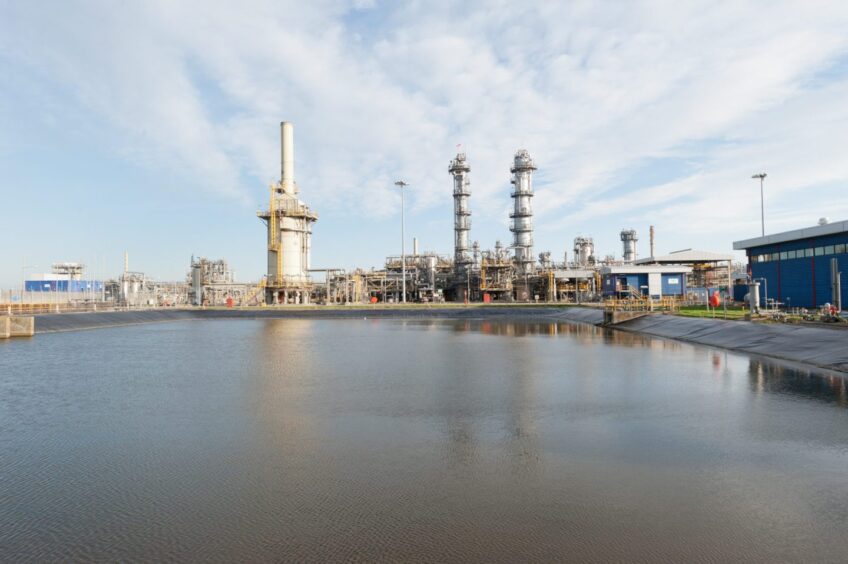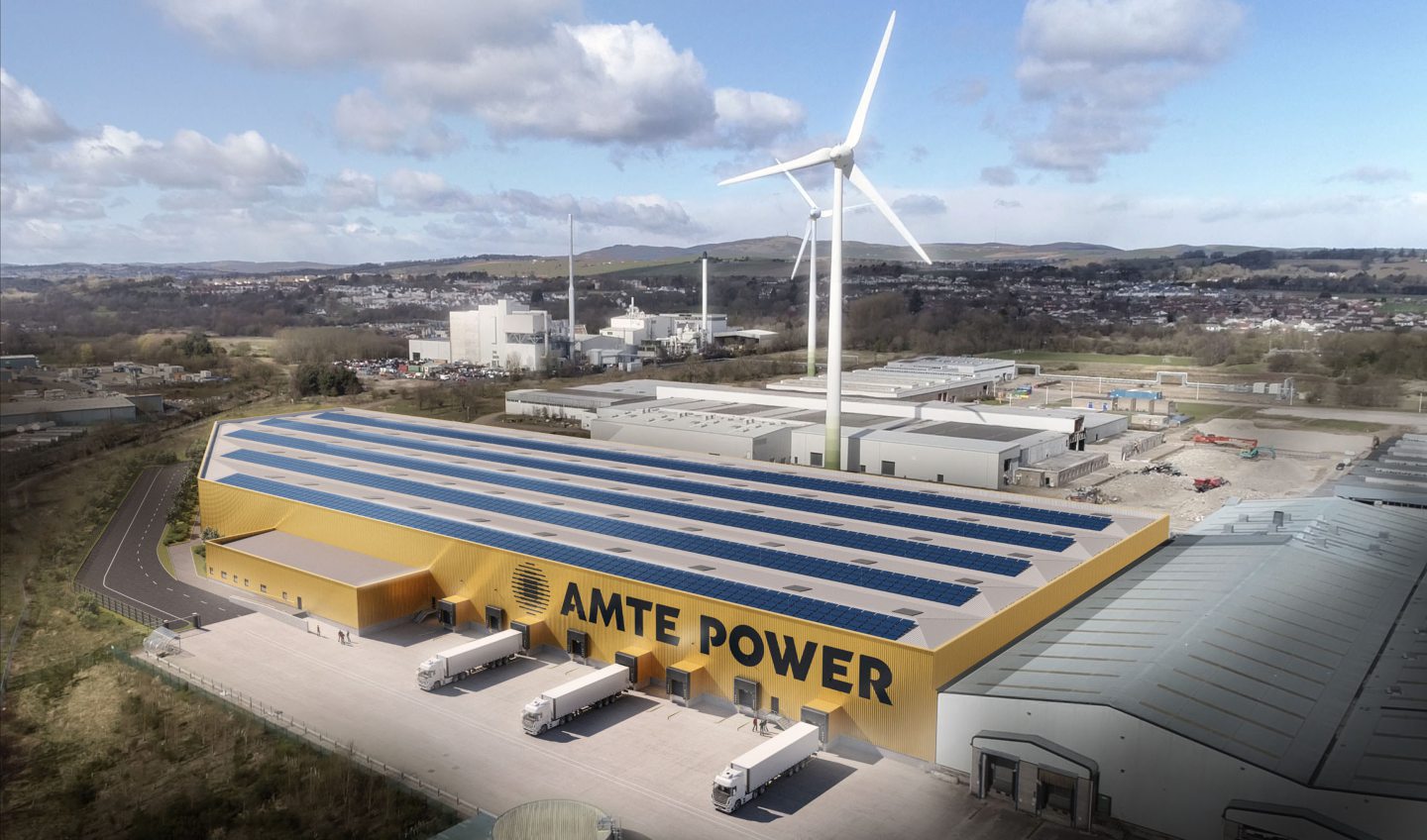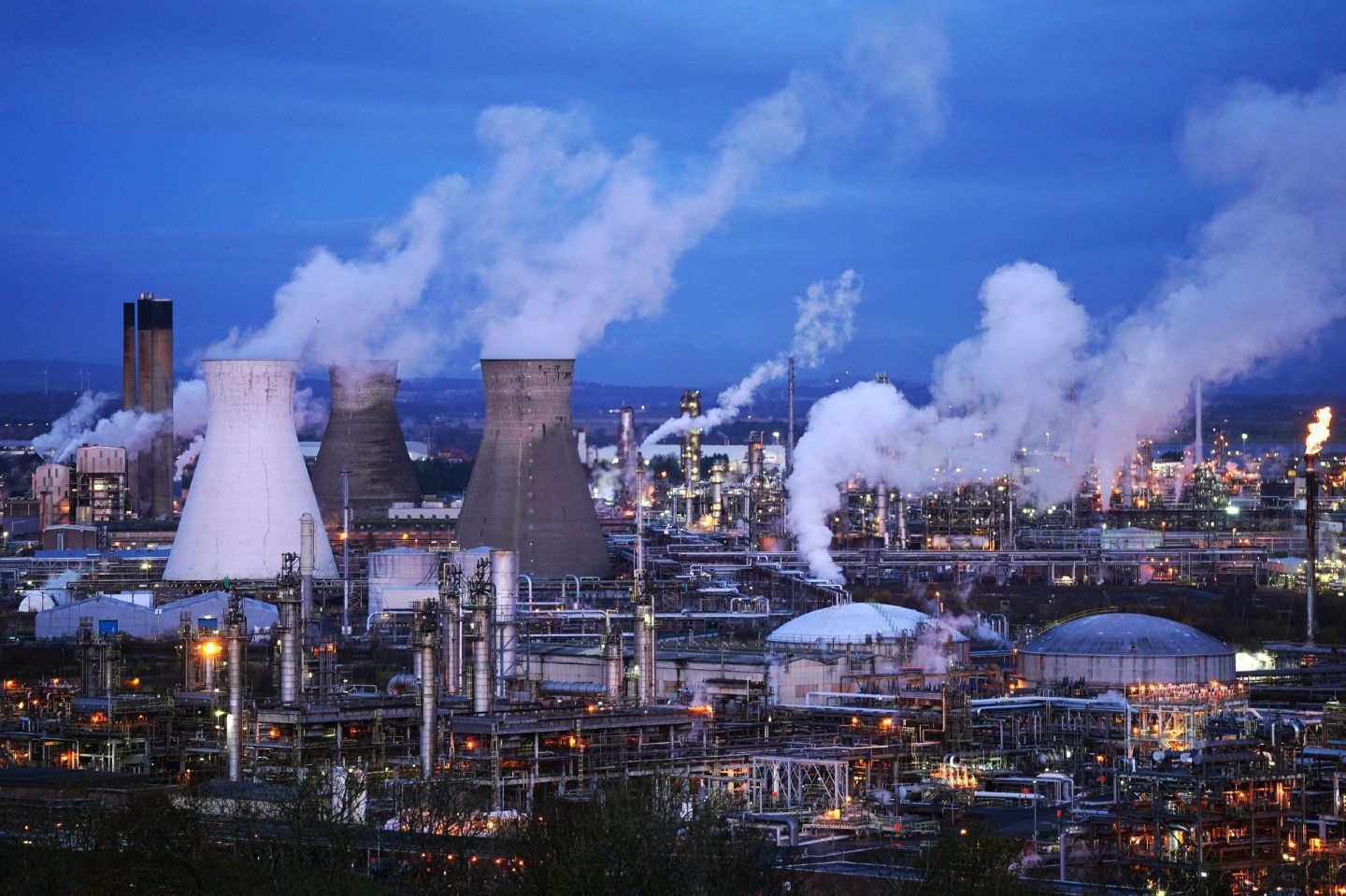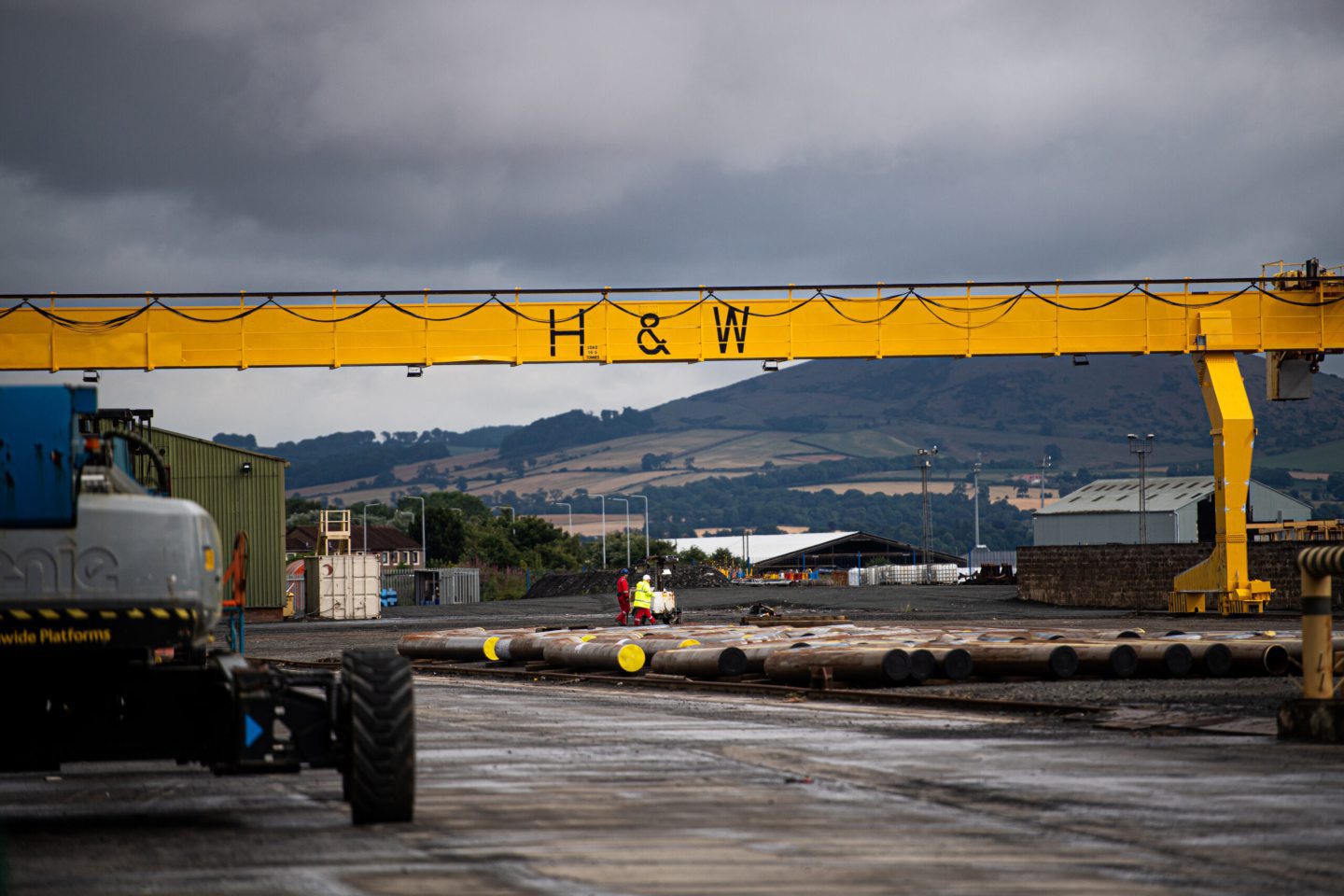
A survey published by the Aberdeen and Grampian Chamber of Commerce in the middle of October shows confidence in North Sea oil and gas operations has collapsed over the last few months and is now lower than it was during the financial crisis in 2008.
We all know by now the amount of damage increasing and extending the windfall tax could do.
Some of what’s been suggested is probably just hype but of one thing I’m sure and that is that from this point on – assuming the chancellor does what she said she’d do and given her record so far that’s not guaranteed – the UKCS may hardly figure at all in the future investment plans of all the major operators.
It doesn’t stop there.
Earlier in the year an attempt by AMTE Power to build a factory producing sodium-ion batteries in Dundee failed to raise a meagre – by international standards – £200 million needed to progress the project.
Astonishingly, the entire company then ended up being sold to a Dutch battery start-up, whom I would bet would have little problem funding a similar project in Europe.
According to Precedence Research, a provider of strategic market insights and others, by 2032 the sodium-ion battery market will be worth over $4 billion.
Scotland will now not be a player in that industry. China has just invested over £1bn in a new factory.
A number of new battery factories are being developed in England and elsewhere. So why not Scotland?
There’s more.
The UK Labour government recently announced funding of some £22bn or so for two major “carbon capture clusters” in England; one on Merseyside, the other on Teesside.
It seems though that in this instance, despite claims that Scotland will be at the “beating heart” of a Labour government, such willingness to invest doesn’t include Scotland as for the third or fourth time. The Acorn carbon capture and storage project in Peterhead failed to be included.
The government claims Acorn is a “reserve status” project. I’m beginning to believe that this is what it will always be. Jam tomorrow for Scotland, never today.
It was passed over for funding in 2021 by the previous government in favour of two English projects and the same thing has happened again now.
It gets worse.
The refinery at Grangemouth which has been operating since 1924 and owned by PetroIneos – a joint venture between Ineos and PetroChina – is going to close in 2025.
Current estimates suggest a loss of around 400 of the 475 jobs at the refinery. Add to that the jobs it supports in the supply chain, local shops, pubs and other services and it wouldn’t be unreasonable to see that number climb to over 2,000.
And – whilst it was previously thought the Forties pipeline system would operate until 2040 or beyond – Ineos has recently said that if “Labour’s tax policy stops our customers offsetting their drilling and other investment costs against tax, then volumes will shrink, and we are looking at 2030 to 2035 as a more likely end date.”
Whilst PetroIneos may have good economic reasons to close the Grangemouth refinery, the Labour party leader in Scotland whilst in pre-election campaigning mode said: “We (the Labour government) would step in to save the jobs of the refinery.’’
Nobody, least of all me, believed him and of course, they haven’t and critically neither the UK nor Scottish governments have yet come up with a credible plan to develop alternative employment on the site.
There’s been talk about hydrogen production and using it to produce SAF (Sustainable Aviation Fuels). I like the latter because I also believe SAF could be used as a green heating oil.
If feasible and available at a sensible cost, that would prevent around 130,000 homes in Scotland – including mine – from having to even consider the idea of a heat pump.
But my guess is that as happened with both coal and steel in Scotland those jobs will disappear and never be replaced. After all, the big Scottish question is always where’s the investment coming from.
The bad news continues.
Recently, we heard that the Harland and Wolff yards at Methil and Arnish in Scotland, which were once seen as the sites where floating and fixed foundations for offshore wind farms could be fabricated, will likely be sold to the Spanish state-owned company Navantia.
Harland and Wolff was put into administration after the Labour government refused it a £200m loan guarantee.
Finally, there’s the issue of immigration. Scotland needs to broaden its skill set if it is ever to build a viable renewables sector, particularly in manufacturing.
It was suggested by Labour before the election Scotland might get control over immigration but the UK government has now flatly refused to grant that.
GB Energy? Don’t make me laugh.
I don’t believe in conspiracy theories, but I do sometimes feel like Scotland is being conspired against. “No” or “Next time” seem to be the only responses we get now from London.
That can’t go on. The damage it’s doing is no longer acceptable.
Recommended for you

 © Supplied by AMTE Power
© Supplied by AMTE Power © Supplied by PA
© Supplied by PA © Supplied by Wullie Marr / DCT Me
© Supplied by Wullie Marr / DCT Me